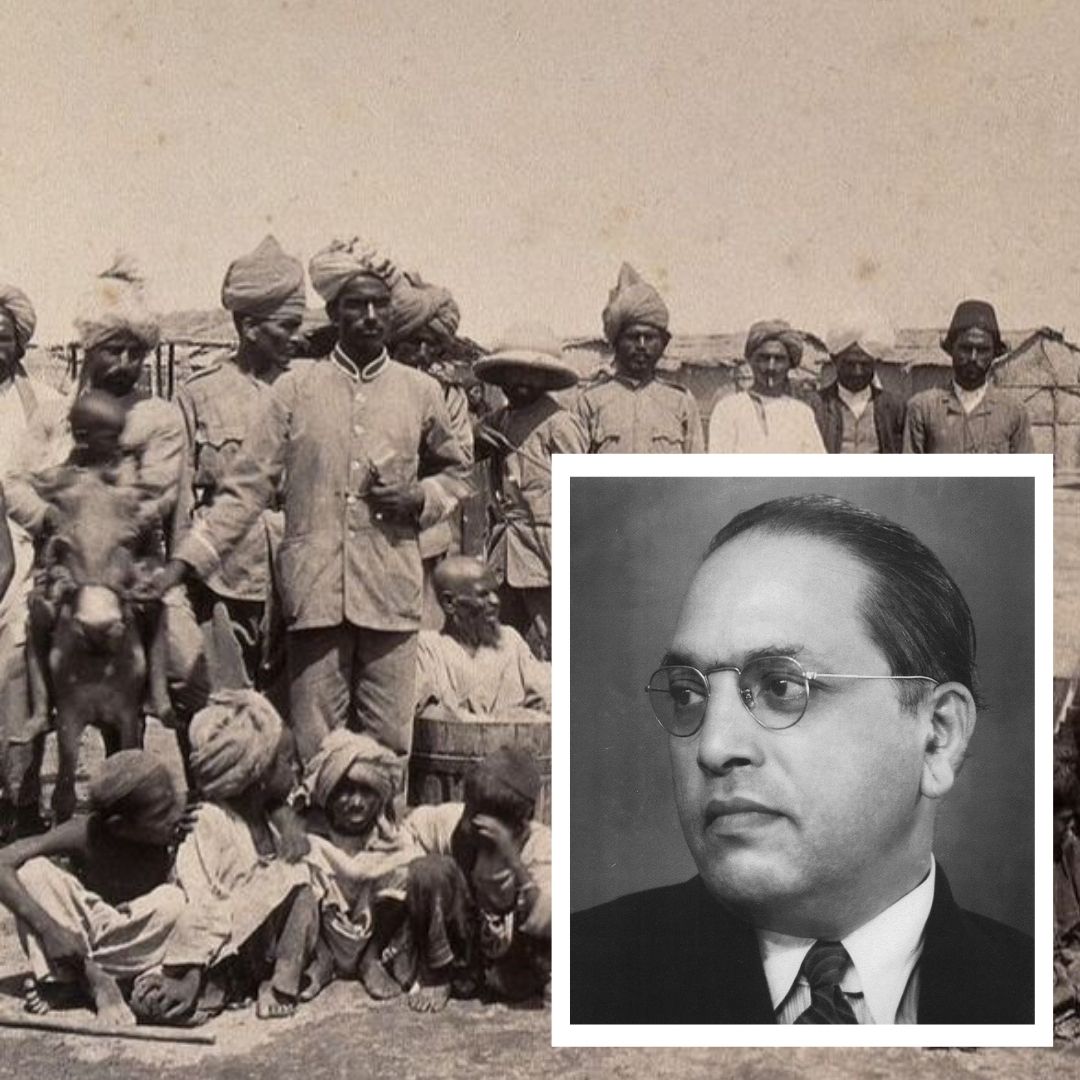
Image Credit: Wikipedia, Identities Journal (Representative Image)
Hunger, Thirst & Curse Of Being 'Untouchable': What Made Ambedkar The Man Of His Principles
Writer: Ratika Rana
Her primary objective is to inform, promote, educate and cultivate readers through writing.
India, 14 April 2022 8:19 AM GMT
Editor : Snehadri Sarkar |
While he is a massive sports fanatic, his interest also lies in mainstream news and nitpicking trending and less talked about everyday issues.
Creatives : Ratika Rana
Her primary objective is to inform, promote, educate and cultivate readers through writing.
In an autobiographical note, Dr BR Ambedkar had shared that his family could not hire a bullock cart because they belonged to the Mahar community. He had mentioned, "we could get no water because we were untouchables".
Dr BR Ambedkar was one of the most persistent voices for teaching the values of equality in independent India. He was a scholar, a social reformer, a politician, a religious thinker and the moving spirit of the Indian constitution. However, he belonged to the Mahar community, one of the 'untouchable communities' in the era when the caste system was prevalent in India. Therefore, Ambedkar had been subjected to caste-related discrimination during his younger days which shaped his views on the social evil that had been crippling the Indian society for ages.
Was Denied Water To Drink Because Of Being A Dalit
In an autobiographical note, Ambedkar shared that he had been a victim of caste discrimination even after returning from the United States. He had witnessed the sheer brutality of the caste system since childhood. A nine-year-old Ambedkar travelled from Satara to Koregaon with his brother and nephew when none of the bullock cart drivers agreed to give them a ride since they belonged to the Mahar community.
Later, the cartmen also denied them water because they were Dalits. In his autobiographical segment, he wrote, "There was hunger burning within us; with all this, we were to sleep without food; that was because we could get no water, and we could get no water because we were untouchables".
Fought For The Rights Of His People
Ambedkar's most crucial battle was not against the British but for the rights of his people. He attacked the Hindu religion for the treatment of untouchables. Still, he also questioned the values of high-caste social reformers and urged them to think through the ancient Hindu texts to eradicate the social evil.
However, Ambedkar's views were not limited to religion; He criticised every evil that discriminated against one human being from another based on pre-determined factors. He placed equality at the core of the democracy when India became independent, thus giving him the title of 'the father of the Indian Constitution'.
Also Read: 'Nobody Can Tell Us What And What Not To Eat', Argues JNU Student
 All section
All section














